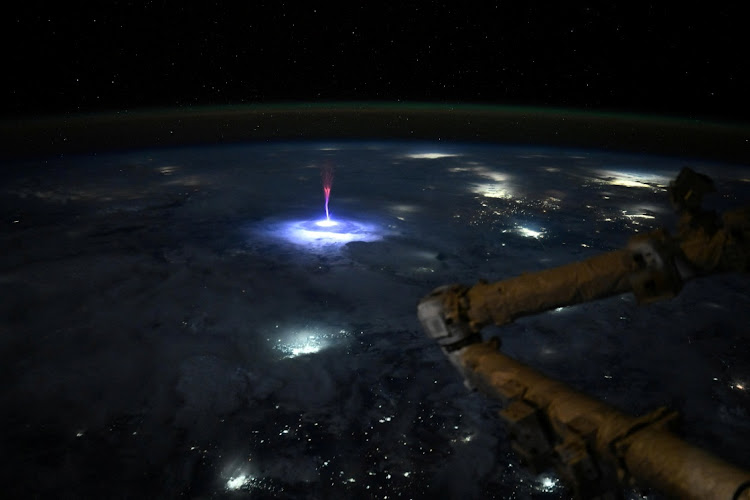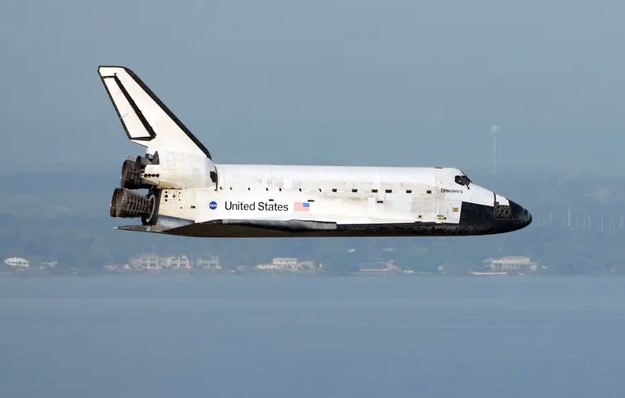Hundreds of companies across the United States have come together to urge Congress to save a small but vital federal office that manages satellite traffic in space. This office, part of the National Oceanic and Atmospheric Administration (NOAA), is responsible for a system called TraCSS, which helps prevent satellite collisions and crashes, and alerts operators of possible dangers in orbit.
Major Budget Cuts Threaten U.S. Space Collision Prevention Efforts
However, the White House’s budget proposal for 2026 has put this important system at risk. The new budget seeks only $10 million for NOAA’s Office of Space Commerce. That’s an 84% cut from the previous year, which would effectively shut down TraCSS. This move has alarmed many in the space industry.
The need for such a system is becoming more urgent every day. Today, there are about 12,000 active satellites orbiting Earth. Along with these, thousands of pieces of old, broken equipment—called space junk—are floating in space. These pieces can crash into working satellites and cause serious damage. A system like TraCSS works like air traffic control, but for space. It helps prevent dangerous accidents by tracking where satellites and debris are and warning operators when collisions might happen.
SpaceX Launches 21 Powerful Starlink Satellites Amid Space Debris Concerns
Space Companies Warn of Increased Collision Risk
On Tuesday, 450 companies from seven different industry groups joined forces to send a powerful message to lawmakers. Their letter, sent to the Senate committee responsible for NOAA, strongly opposed the proposed cuts. The companies included major players in the satellite business such as SpaceX and Amazon’s Kuiper satellite division.
These companies argued that ending TraCSS would increase risks for both commercial and government space missions. If satellite operators don’t get warnings about potential crashes, their satellites—and even people’s safety—could be in danger. The companies also pointed out that higher risks mean higher costs. Launching and operating satellites would become more expensive, and some companies might even decide to move their operations to other countries that offer better space traffic services.
Hybrid Havoc: NATO’s Battlefront Expands to Cyberspace and Digital Media Manipulation
The space industry has been growing rapidly. With more companies sending up large groups of satellites—called constellations—the chances of collisions are increasing. Systems like TraCSS are designed to manage this crowded space and avoid chaos. Without it, experts say, the U.S. could lose its leadership role in shaping how space traffic is managed globally.
U.S. Role in Space Coordination at Stake
Until now, the Pentagon has handled space traffic monitoring through a system called Space-Track. But military leaders and space companies agree that the job of tracking satellites and preventing collisions should not be mixed with national defense. They believe it’s better for a civilian agency like NOAA to handle this task.
In 2020, the space industry celebrated when NOAA’s Office of Space Commerce was directed to take over this role. Since then, the office has developed TraCSS and even released a trial version, which some companies are already using to receive early collision alerts. A full release was planned for early next year.
Despite this progress, the proposed budget cuts threaten to shut down the entire program. The current administration says that private companies now have the technology and business models to manage space traffic and collision avoidance on their own. Because of this, it wants to stop funding TraCSS.
$500M satellites explode over Indian Ocean—uninsured catastrophe fuels space junk crisis
But many in the industry disagree. Two of the largest space organizations in the U.S.—the Commercial Space Federation and the American Institute of Aeronautics and Astronautics—have also sent letters to Congress. They believe space traffic safety is a basic service that should be provided by the government at no cost to users.
They argue that space traffic management is like a public utility. Just as governments manage air traffic control to keep airplanes safe, they should also manage satellite traffic to reduce collision risks and keep space safe.




